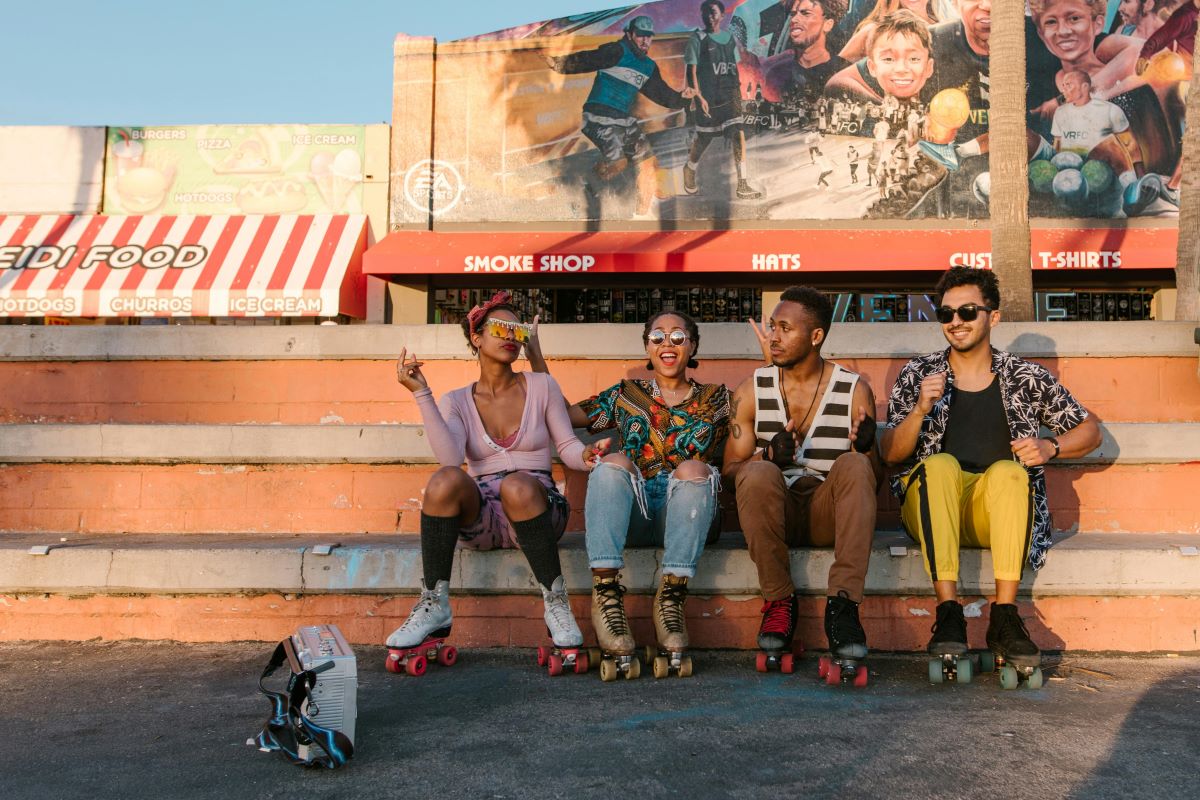The 1980s: a decade of neon leggings, big hair, and even bigger aspirations. The UK was a cauldron of cultural revolutions, technological advancements, and political swings. But what really made the ’80s so much better than today? Was life genuinely more straightforward, or are we just clinging to nostalgia?
1. Music Was on Another Level
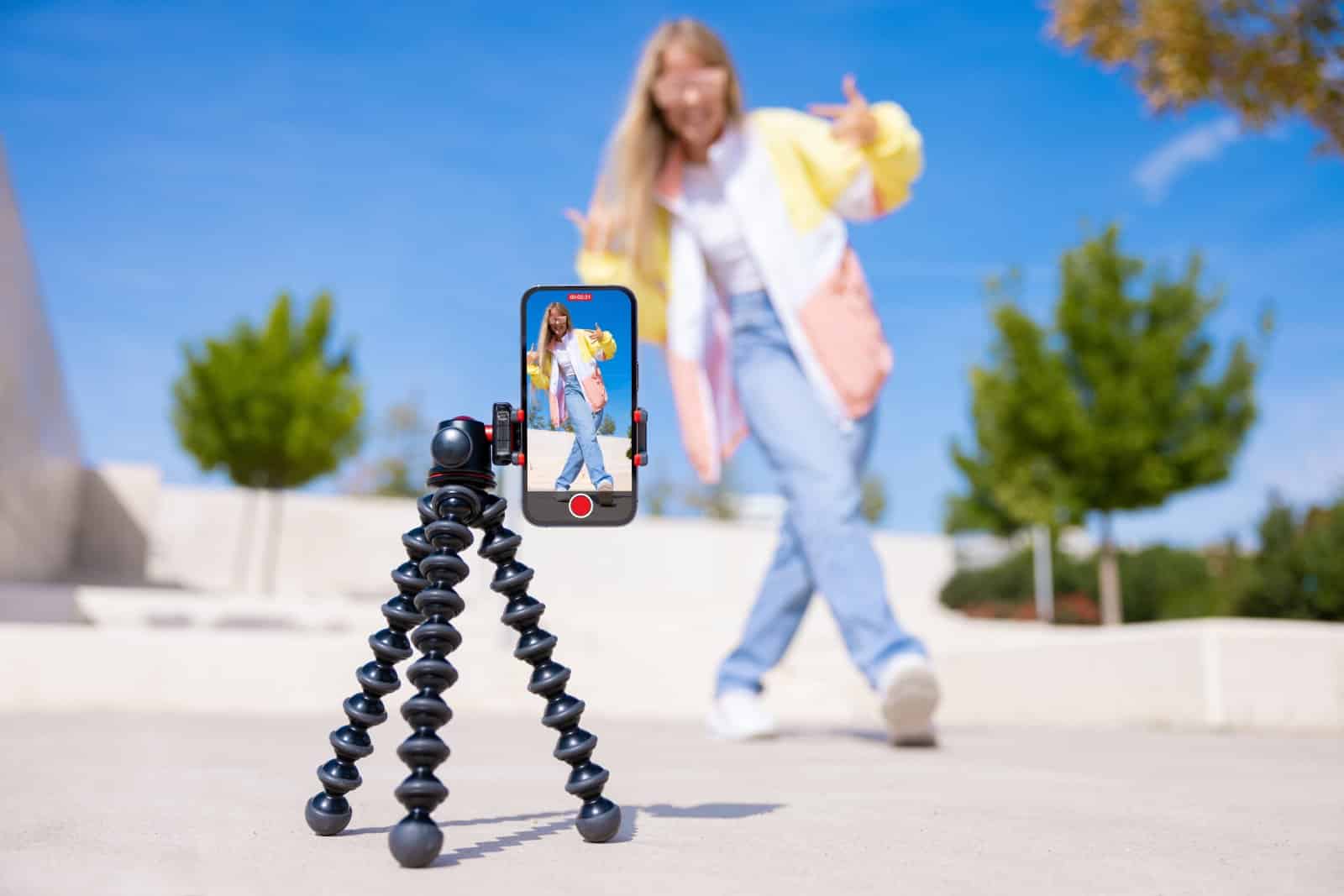
With bands like The Smiths, Duran Duran, and the irrepressible Queen, the ’80s was undeniably the pinnacle of British pop and rock. Today’s music, dominated by auto-tune and fleeting TikTok trends, just doesn’t seem to hold the same soulful depth or groundbreaking impact.
2. TV Shows Had Real Charm

Back then, TV shows like “Only Fools and Horses” and “Blackadder” dominated the screens with wit and a quintessentially British sense of humour. Nowadays, it’s all high-budget dramas and reality TV that rarely capture the nation’s heart with such authenticity.
3. Public Transport Was Cheaper
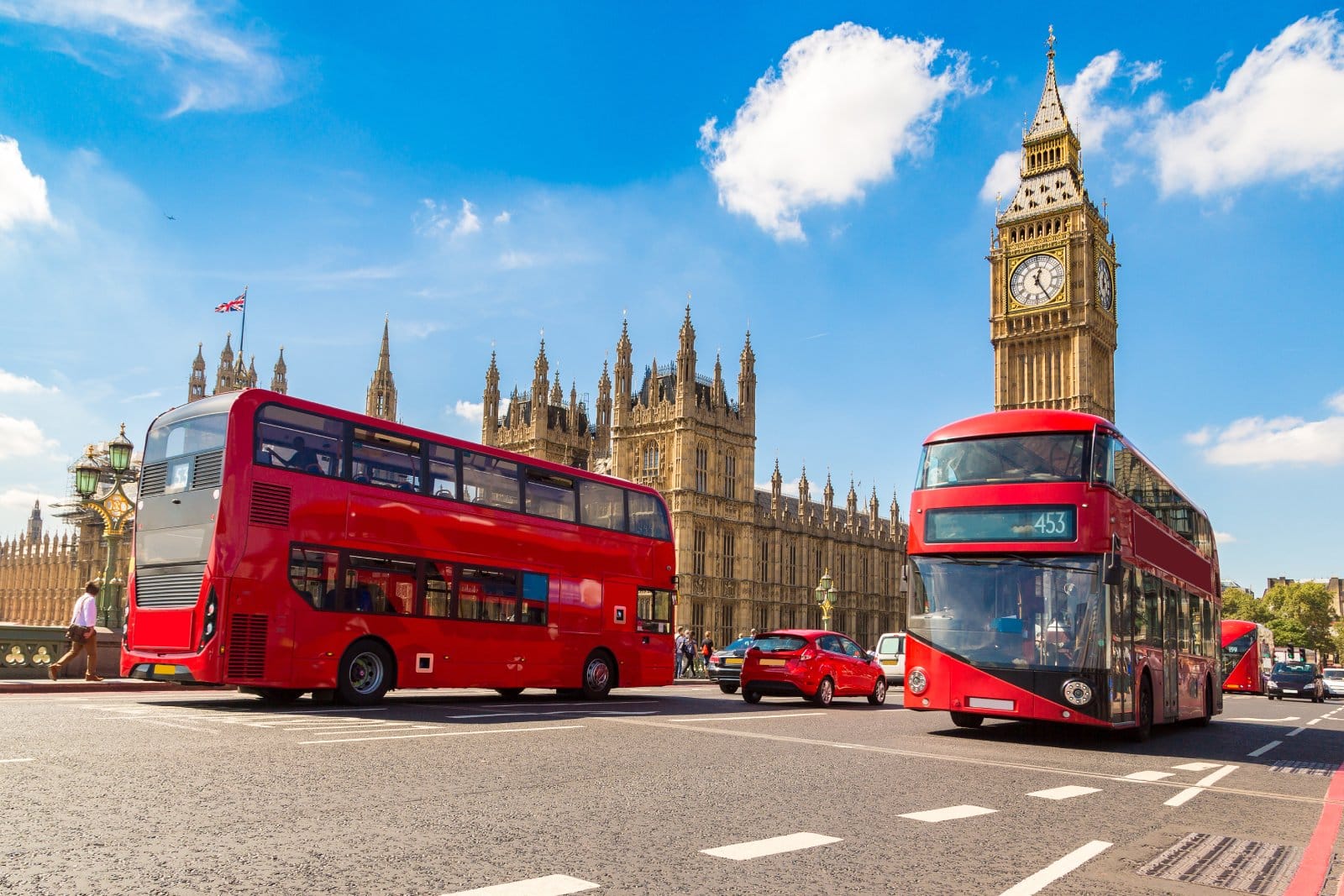
Believe it or not, you could travel across London on the Tube for less than a pound in the ’80s. Compare that to today’s eye-watering prices, where a single journey can cost you more than a decent meal.
4. Football Was Less Commercial

Football in the ’80s was about the love of the game, with legends like Gary Lineker and Ian Rush. Today, it’s swamped by sponsorship deals and billionaire owners, making the beautiful game feel more like big business than sport.
5. Festivals Were Less Corporate

Glastonbury and other music festivals were once about the music and counterculture, with a ticket to Glastonbury 1983 costing only £12. Now, you’ll need deep pockets and a quick finger on the refresh button just to snag a ticket.
6. Housing Was More Affordable

The average house price in the early ’80s was around £20,000. Fast forward to today, and you’re looking at an average of over £250,000. Good luck getting on the property ladder without a lottery win!
7. High Streets Thrived

Saturday shopping in the ’80s meant bustling high streets filled with independent shops and familiar chains. Today, many high streets are lined with empty storefronts and charity shops, thanks to the rise of online shopping.
8. Politics Had Clearer Lines
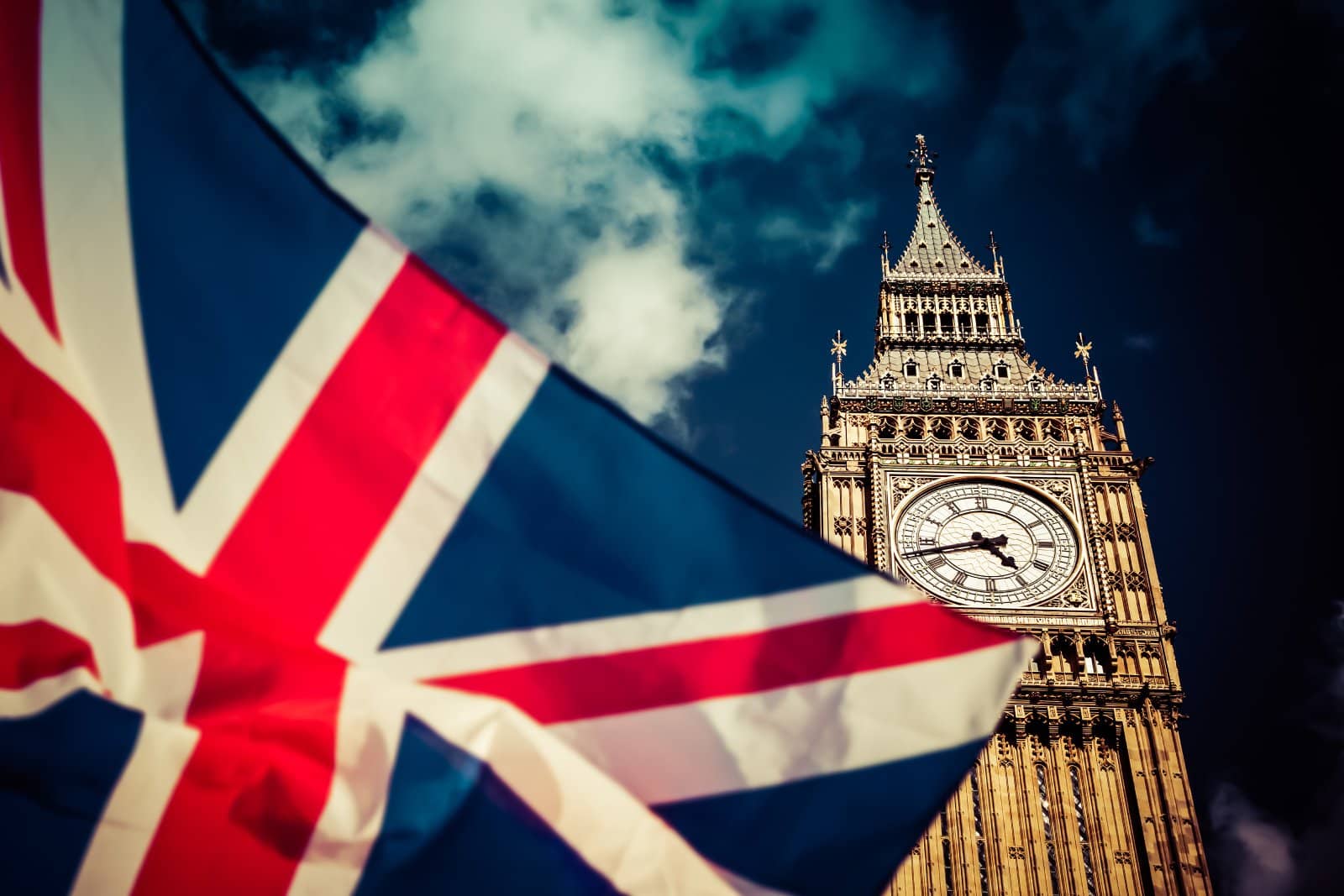
The political landscape was certainly divisive in the ’80s, but at least it was clearer where everyone stood. Nowadays, political lines are so blurred it’s tough to know what each party really stands for.
9. Nightlife Was Booming

Nightclubs and live music venues were the heartbeat of nightlife. Clubs like The Haçienda in Manchester were legendary. Now, stringent regulations and rising costs have seen many iconic venues close their doors for good.
10. Jobs Were for Life

Many entered a job knowing they could be there until retirement. Today’s gig economy, zero-hour contracts, and career uncertainty paint a very different picture.
11. Children Played Outside

Before the digital age, playing outside until the streetlights came on was the norm for children. Now, screens dominate, changing the fabric of childhood and not always for the better.
12. Education Was Less Costly
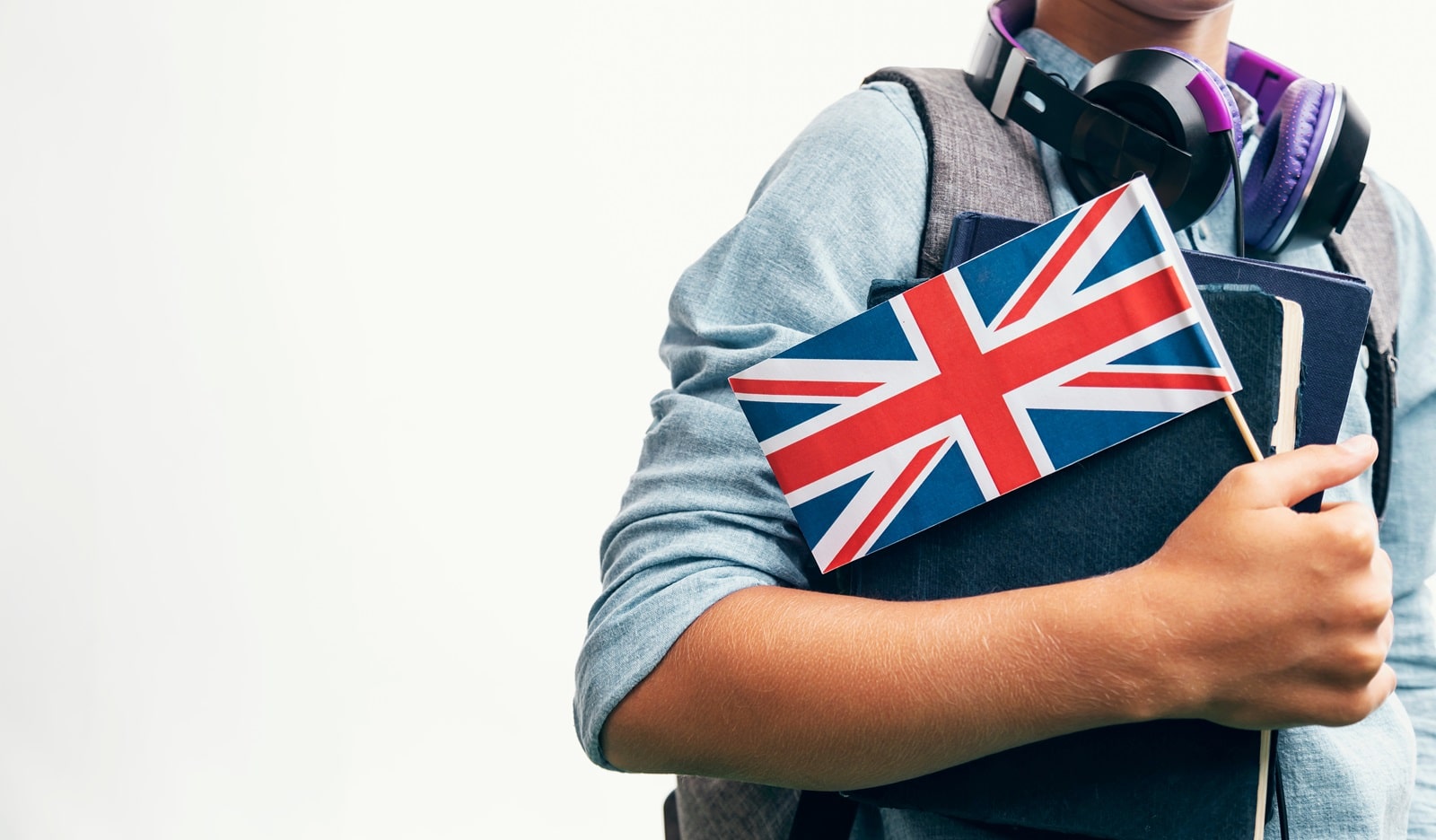
University tuition was free, and you even got a grant to help with living costs. Today’s students can expect to leave university with a debt of over £50,000.
13. Community Spirit Was Stronger
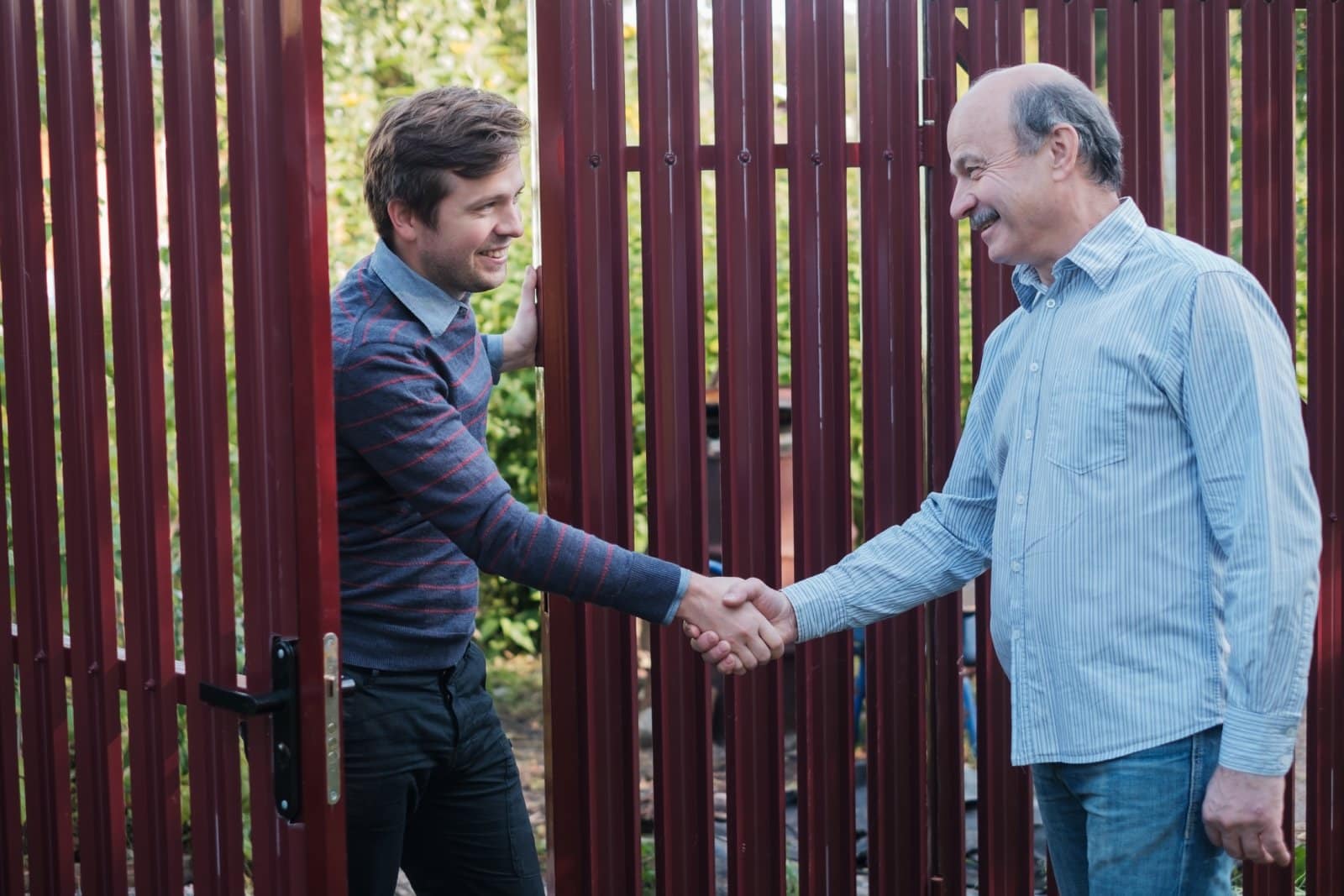
Neighbours knew each other, and community events were a highlight. As society moves more online, this sense of local community seems to dwindle.
14. TV Licence Was Cheaper
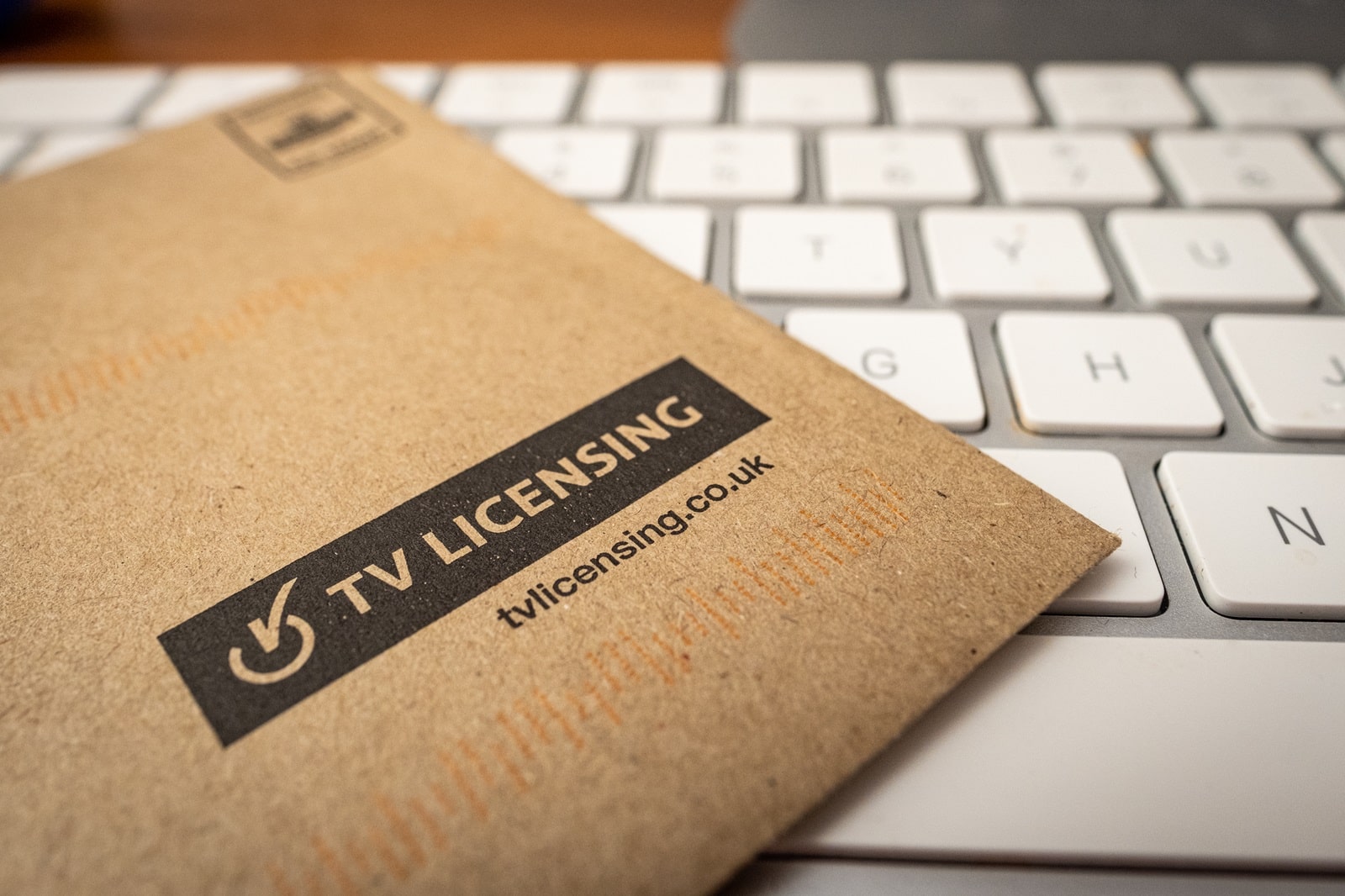
A colour TV Licence in 1980 cost just £34. Today? It’s £159. Even the cost of watching TV has become a burden!
15. Pubs Were More Authentic
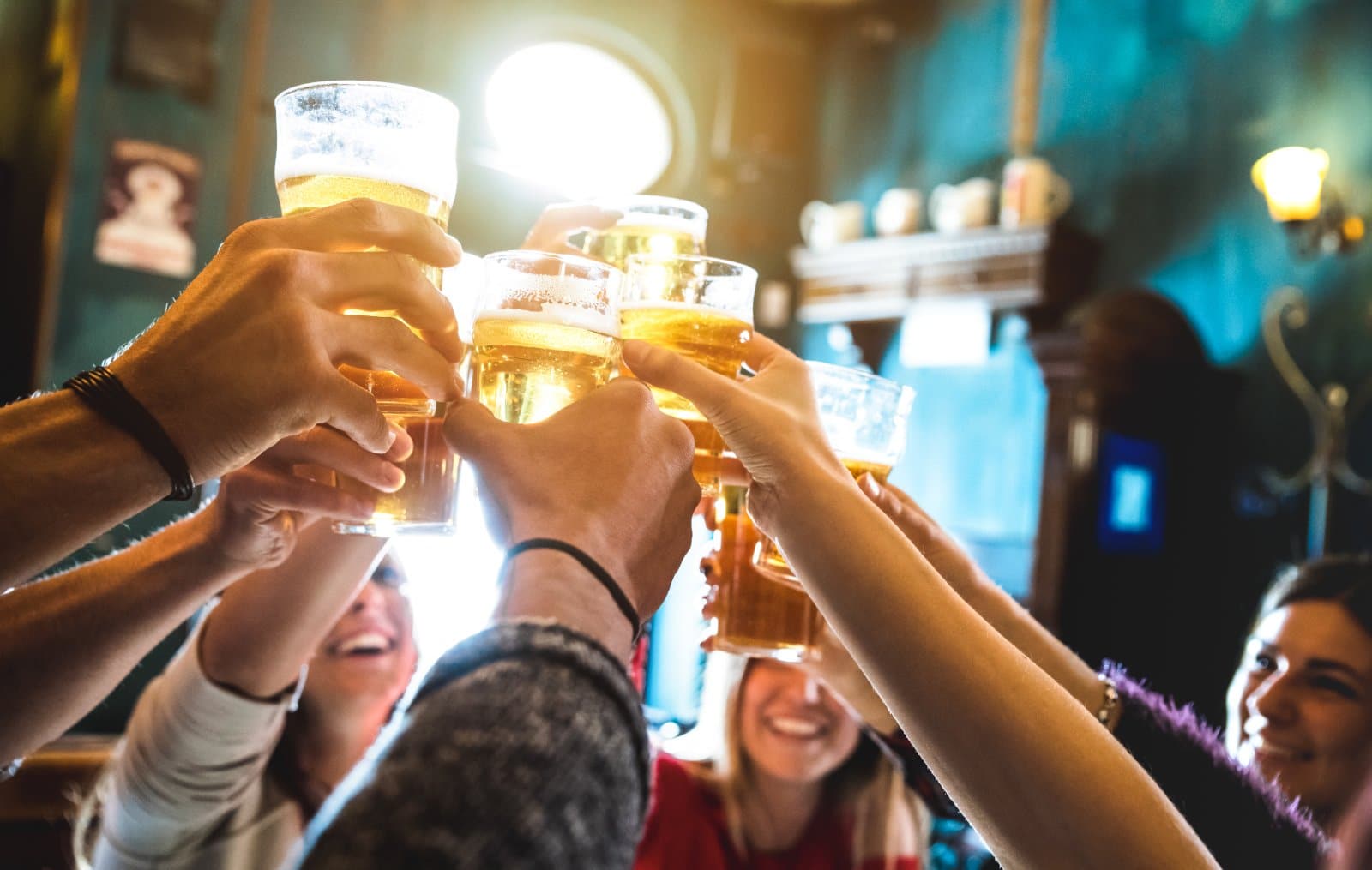
Pubs were places of character, with a local feel and real ale. Many pubs now have turned into gastro-pubs or chains, losing some of their rustic charm.
16. There Was Less Technology to Stress About

Life was arguably less complicated without smartphones and constant notifications. Sometimes, ignorance was bliss.
17. Air Travel Was a Luxury

Flying was an event, something special, and people even dressed up for it. Now, it’s as mundane as catching a bus, with none of the glamour.
18. The News Was Less Immediate

News came from the morning paper or the evening broadcast, not a 24/7 onslaught of information. It was easier to switch off and have time away from global crises.
19. Food Was Simpler

Back in the ’80s, the food scene was less about fads and more about hearty, home-cooked meals. You didn’t need a dictionary to understand what was on your plate—no debates over superfoods or anxiety over gluten. Dinner was straightforward, enjoyable, and often shared around a full table.
20. Pop Culture Was Iconic

From the rise of the video arcade to the debut of MTV, the ’80s carved out an era of pop culture that still resonates today. Films like “Back to the Future” and “Ghostbusters” became instant classics, whereas today’s fast-paced content turnover rarely allows anything to become truly iconic.
21. Union Power Was Strong

Unions were a force to be reckoned with in the ’80s, playing significant roles in advocating for workers’ rights and shaping policies. In contrast, today’s union influence has waned, often struggling to wield the same level of power or public support.
Final Thoughts
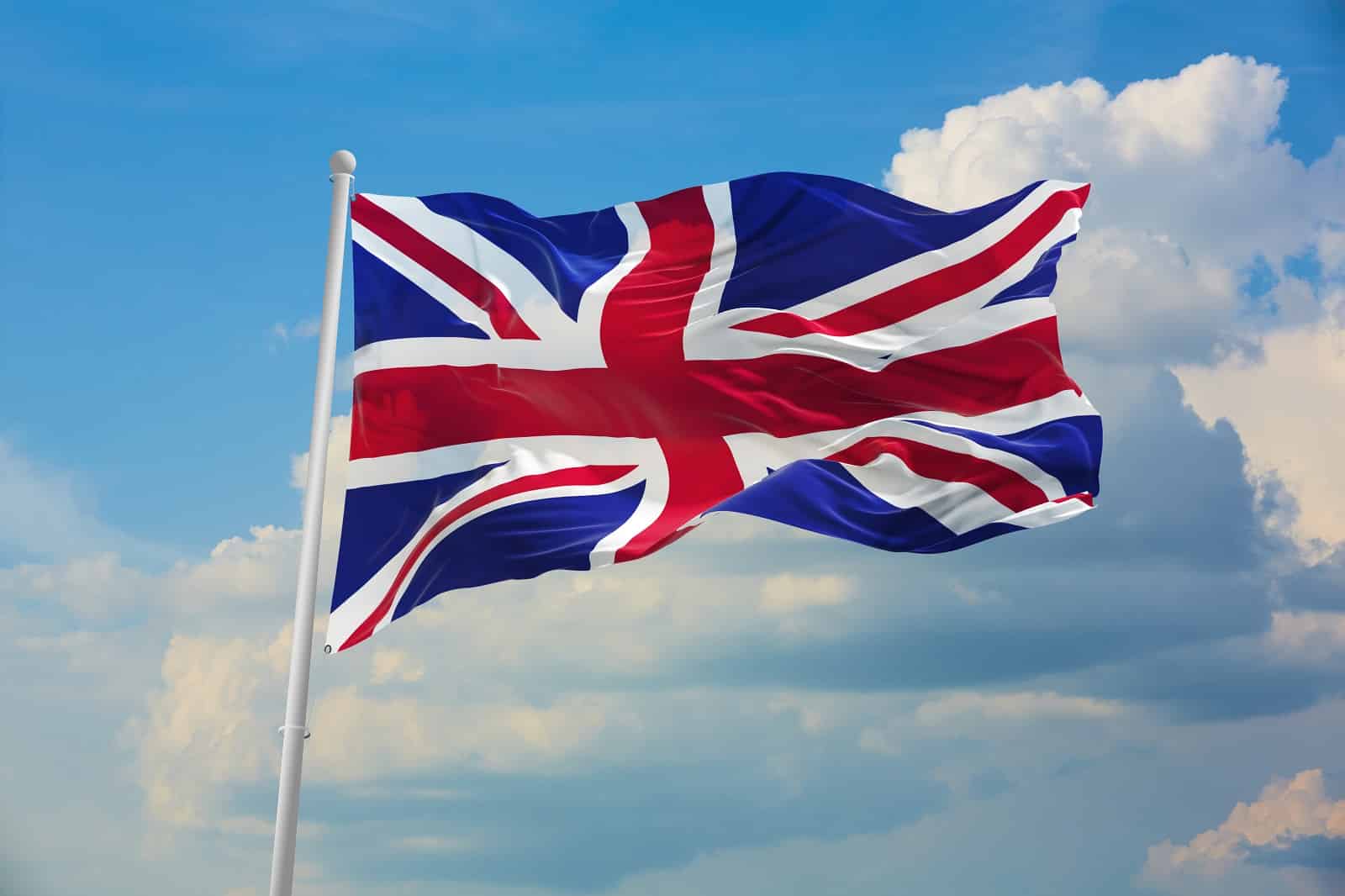
So, there you have it: 21 reasons why many reckon the ’80s were the golden years in the UK. Sure, the past may be viewed through rose-tinted glasses, but perhaps there’s something to be said for a simpler time when life was a little less digital, a tad more affordable, and arguably more fun. Will we ever recapture the magic of the ’80s? Probably not, but it’s certainly fun to reminisce!
The post 21 Elements That Defined the UK’s 1980s Golden Era first appeared on Lists Lovers.
Featured Image Credit: Pexels / RDNE Stock project.
For transparency, this content was partly developed with AI assistance and carefully curated by an experienced editor to be informative and ensure accuracy.

